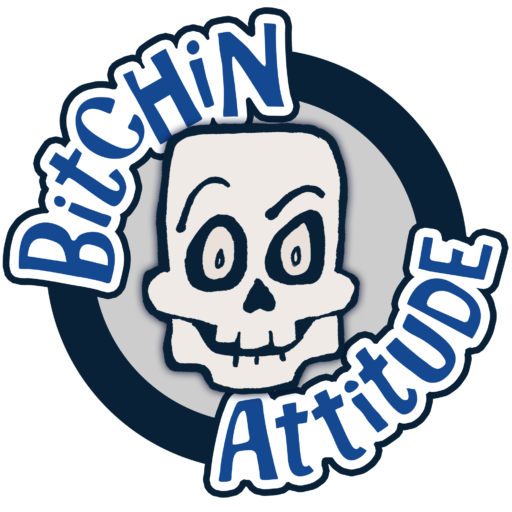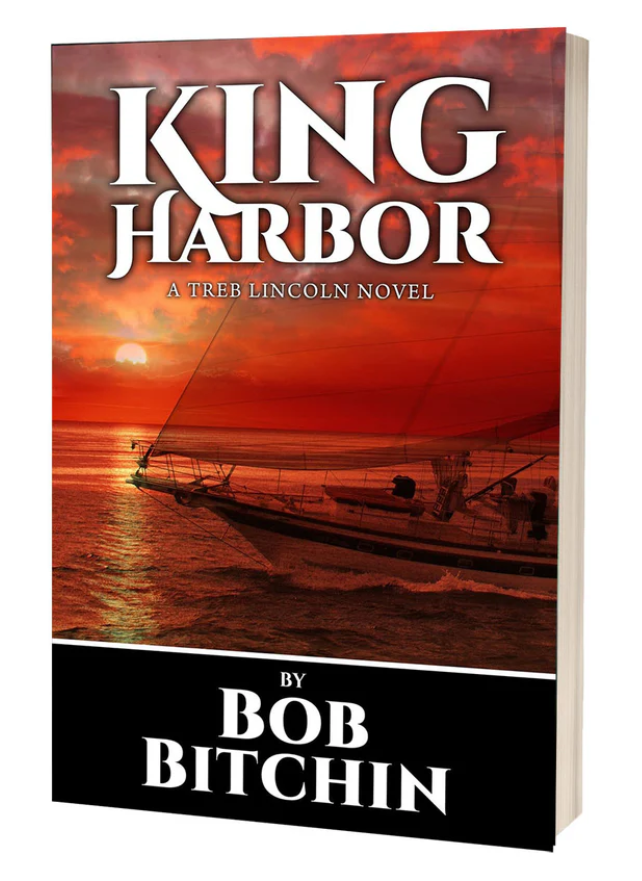This Treb Lincoln novel takes he and his friends to a small island in the South Pacific where life would be idyllic, if they can help an old friend stop the forces that are using it as a testing ground!
Here’s A Sample Partial Chapter:
Why is it, when I look up at my flag halyard and see the Jolly Roger flying proud in the wind, I want to smile? What’s up with that?
Every day we hear of ships off the coast of Somalia being boarded by pirates. I find myself taking offence at the use of that term. They aren’t pirates. They are thieves, terrorists or hijackers, but they are not pirates.
No, to me, pirates are a romantic notion of a lifestyle best portrayed by Captain Jack Sparrow in Pirates of the Caribbean! A bunch of seafaring gypsies that lead a life of adventure.
The fact that real pirates stole, killed, raped and murdered has no place in my dream world. To me they were adventurers. It’s very much like the image of the Old West. The heroes we have from Dodge City and the cattle drives on the Chisholm Trail were, for the most part, murderers and bad guys. But after a couple hundred years, they have become something else.
Yes, I know pirates were not nice people. But the fact remains, and I can’t explain why, when I see another boat with a skull & crossbones flying from the yardarm, I feel a kinship. It’s kind of like meeting a kindred spirit; someone who looks at life the same way I do.
It’s funny, because when I meet someone with no sense of humor (I really try my best to avoid people like that, but as you know, sometimes it’s not that easy!), I find it difficult to justify my admiration for thieves, cutthroats and murderers.
But none-the-less, when I look up and see the Jolly Roger smiling from my flag halyard, it makes me smile. It makes me feel good, and when I am lucky enough to be around a few hundred people of like mind, well, it just plain feels like home.
I have been enjoying the cruising lifestyle for over 30 years, and in that time I don’t think I have ever really met a pirate. Oh, I’ve met some thieves, mostly in urban areas of the world. One must keep an eye out to protect their goods. In Papeete I remember standing watch to protect our dinghies from being stolen. But they weren’t pirates. They were people who didn’t have anything and looked at cruisers as rich people with boats.
When we were sailing to Europe in the mid 1990s we were told to avoid visiting Naples, as there were a lot of thefts going on. As it turned out, we had to anchor off a suburb of Naples awaiting parts for a busted generator. It was one of the best stops of the voyage and nothing happened.
When anchored off the Nicaragua/Honduras border at Media Luna Reef, we were approached by a suspicious vessel late at night, with no lights on. They were probably thieves. Standing watch with a sawed off 12 gauge seemed to change their attitude, and we had no trouble. I don’t know if they were thieves, but they definitely were not pirates! As a matter of fact, in the 30 years I’ve been sailing I have not only never met a pirate, I’ve never met anyone who has met one.
The earliest documented instances of piracy are the exploits of the Sea Peoples who threatened the Aegean and Mediterranean in the 13th century BC. The Illyrians and Tyrrhenians were known as pirates, as well as Greeks and Romans.
But the real age of pirates came much later. In medieval Europe the Vikings from Scandinavia raided from about 783 to 1066. Vikings even attacked coasts of North Africa and Italy, the Baltic Sea and rivers of Eastern Europe as far as the Black Sea and Persia.
Muslim pirates terrorized the Mediterranean Sea. In 846 Muslim raiders sacked Rome and damaged the Vatican.
The classic era of piracy in the Caribbean extends from around 1560 up until the mid 1720s. The period during which pirates were most successful was from 1700 until the 1730s. It was here the classic view of the pirate was born.
And here is where I get my best ammo against the nay-sayers who denigrate pirates! It was the pirate brotherhood who invented democracy (kinda!). Pirates were some of the first to use a system of checks and balances similar to the one used by the present-day United States and many other countries. The first record of such a government aboard a pirate ship dates to the 1600s, a full century before the United States’ and France’s adoption of democracy in 1789.
So I guess that gives me a slight edge when talking to those weirdos who say, “Why do you have a pirate flag flying? Pirates are nasty people!”
I can point with pride at my Jolly Roger and say, “I support democracy! And it was the pirate captains that first practiced it!”



